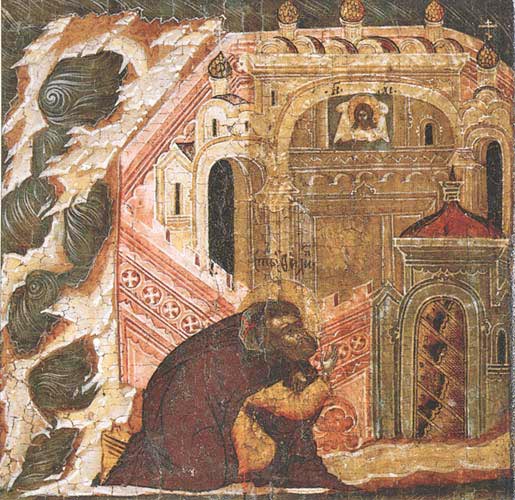
In the most recent issue of Religion & Liberty, the “In the Liberal Tradition” section profiles Metropolitan St. Philip II of Moscow for his defense of faith and freedom in the face of the tyranny of Tsar Ivan IV, known to history as “Ivan the Terrible.” In contrast to Ivan, who used his power to oppress his own people, Philip taught, “He alone can in truth call himself sovereign who is master of himself, who is not subject to his passions and conquers by charity.” Among the many spiritual disciplines of the Orthodox Christian spiritual tradition geared towards freeing a person from being “subject to his passions,” we can see Philip’s love of labor in his many projects at the Solovki monastery in the years before he was made Metropolitan of Moscow.
According to the article,
Having advanced to the point of living as a hermit in the nearby forest, Philip succeeded the abbot Alexis as head of the monastery at the latter’s request. As abbot, Philip set about to improve the monastery by encouraging a strong work ethic and developing salt production for the monastery to fund many enterprising projects. In all of these enterprises, Philip added his own physical labor to the efforts.
Among his many “enterprising projects,” Philip rebuilt many wooden structures with stone from a brickyard he founded after the buildings had been lost in a fire; he expanded the refectory and lodging; he engineered a new system of irrigation to power a mill; he built windmills, a guesthouse, a wharf, and a hospital along the coast; he introduced reindeer herding to the monks of the monastery; and lastly he constructed two cathedrals, one in honor of the Transfiguration of Jesus Christ and the other to the Dormition (Assumption) of the Theotokos (Mother of God).
For Philip, such pursuits would have been seen as essential to building virtue as well as buildings. In embracing the spiritual discipline of labor in all sorts of commercial and spiritual pursuits, Philip modeled for his community a lived-out, even if not articulated, theology of work that does not dichotomize enterprise with the treasures of heaven but rather finds creative ways to bring the two together, both for the kingdom of God and the common good.

